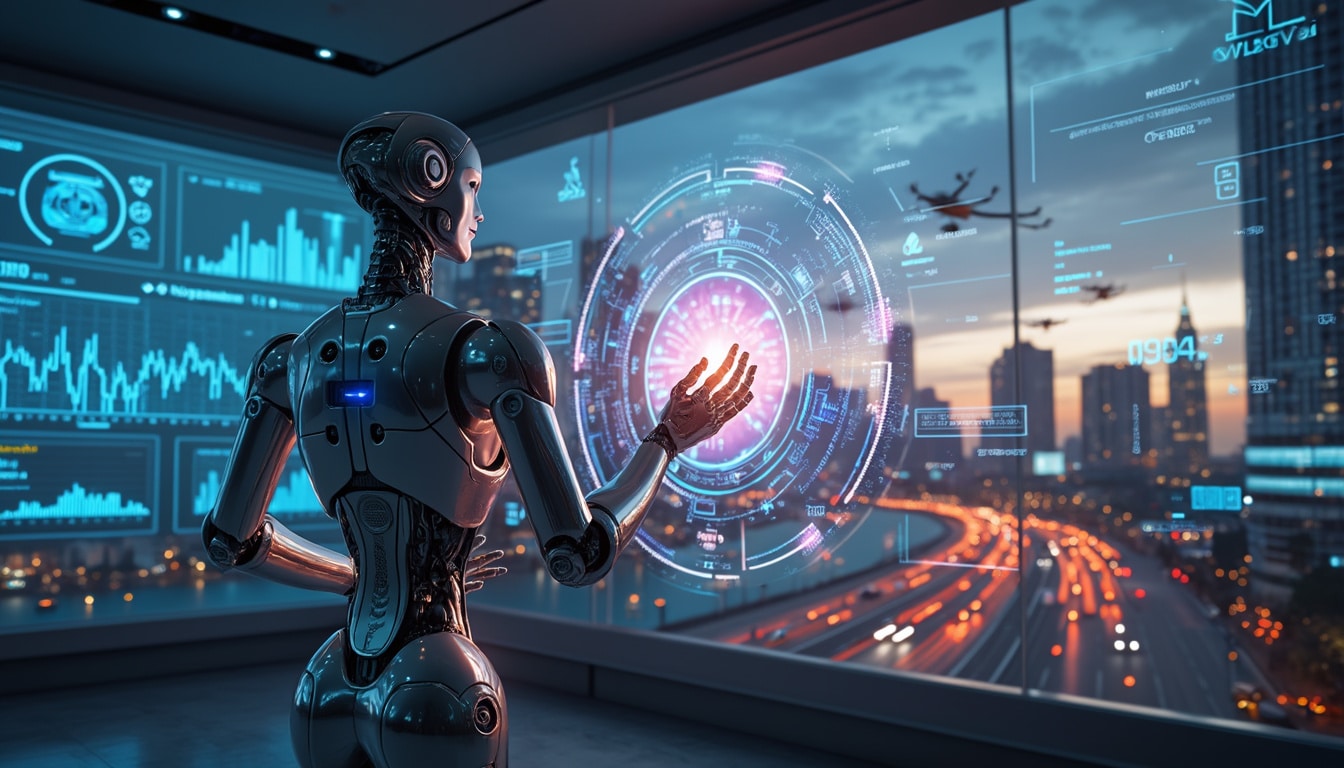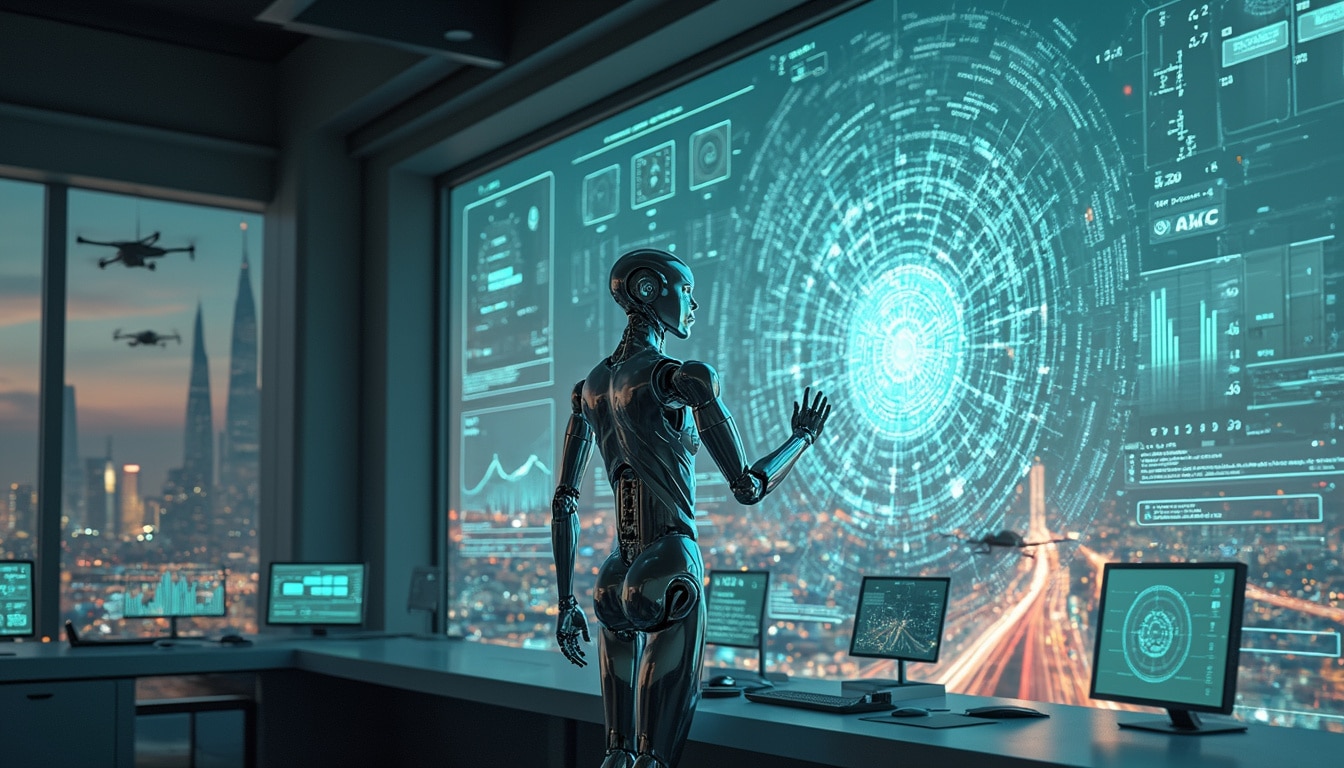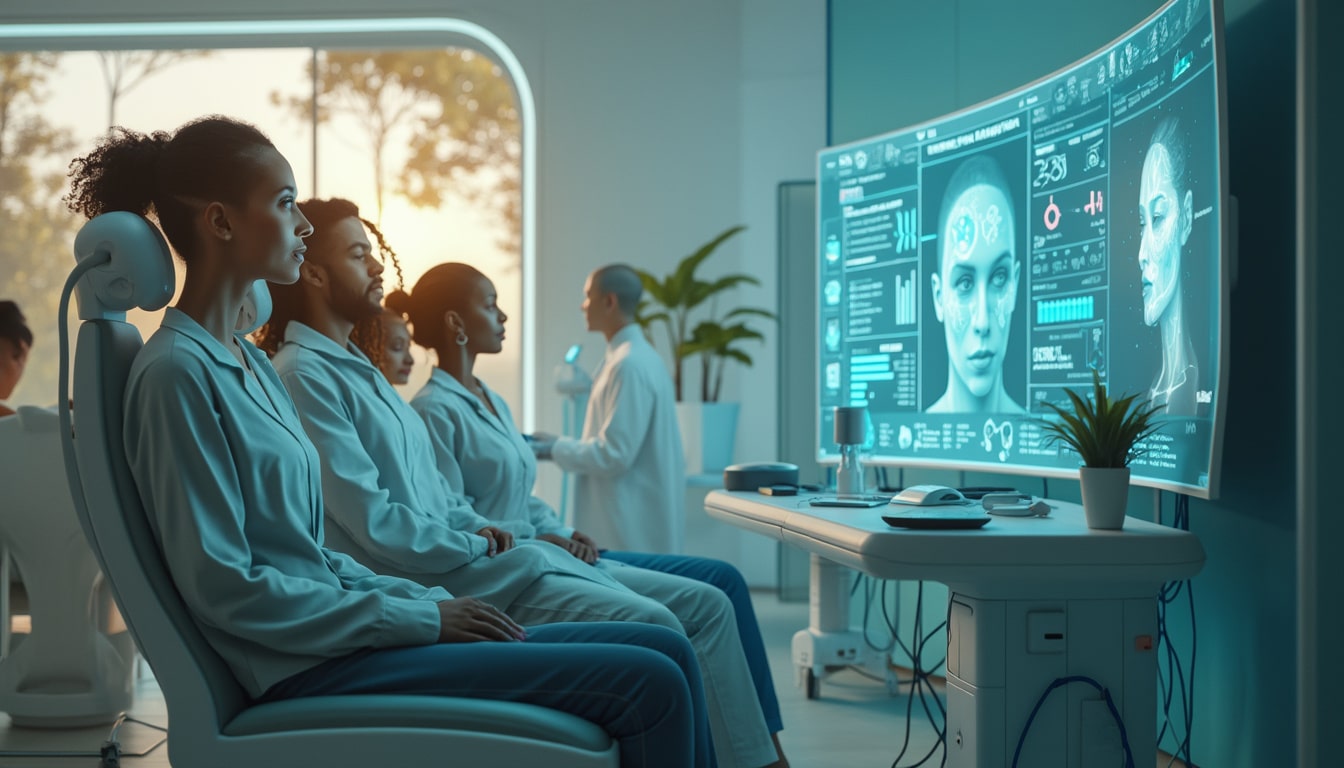Imagine a world where machines not only fetch your groceries but decide the best route, optimize your shopping list, and even predict when you’ll run out of milk based on your cereal habits. That’s not the plot of a sci-fi movie, but the reality of Agentic AI. These advanced systems are not just following orders but analyzing, acting, and learning autonomously. So, as you sip your morning coffee, somewhere in the digits and codes, a machine might be deciding your destiny. Okay, maybe not quite yet, but it’s certainly opening new dimensions in health, logistics, and customer service, with a dash of exhilarating unpredictability.

Table of contents
ToggleUnderstanding agentic ai
Every so often, a concept comes along in the field of artificial intelligence that leaves us questioning if perhaps we are one step closer to a science fiction future. Agentic AI is exactly that concept. Unlike traditional AI models that rely heavily on pre-defined rules and inputs from humans, Agentic AI is capable of operating independently. Picture a robot butler that not only cleans your home but decides it’s time to reorganize your pantry because it noticed a pattern of dissatisfaction in your food choices. This unique form of AI autonomously makes decisions and performs tasks, all within the realm of achieving specific goals.
The impact of agentic ai on industries
The arrival of Agentic AI has profoundly affected various sectors, significantly altering how businesses operate. In the healthcare industry, this advanced AI aids medical professionals by swiftly analyzing patient data and suggesting potential treatments. Doctors receive support in diagnostic processes, allowing for more accurate and personalized care. Meanwhile, in the realm of logistics, Agentic AI streamlines supply chains by anticipating demand shifts, managing inventory, and unwaveringly optimizing delivery routes. These systems are adaptive, continuously learning and refining their decision-making processes through real-world interactions.
Challenges and ethical considerations
With great power comes great responsibility, and as powerful as Agentic AI can be, it is not without its challenges. These systems require a robust framework for ethical guidelines and oversight to ensure that the decisions made are free from biases and align with societal values. AI systems can sometimes make decisions based on inaccurate data, leading to potentially unfair or harmful outcomes. Additionally, as these machines become more autonomous, questions arise about accountability and the degree to which AI should be allowed to make decisions independent of human oversight. Striking the right balance between autonomy and control remains a critical area of focus as Agentic AI continues to evolve.














